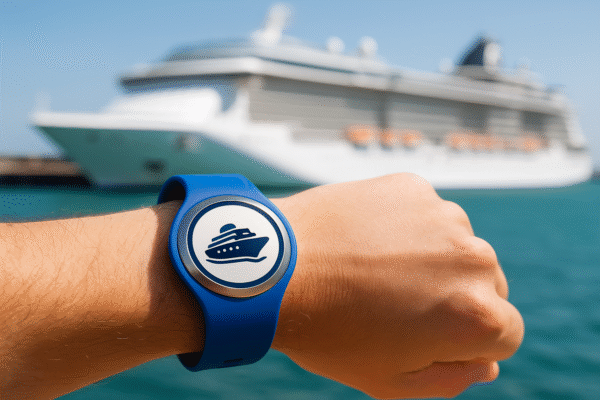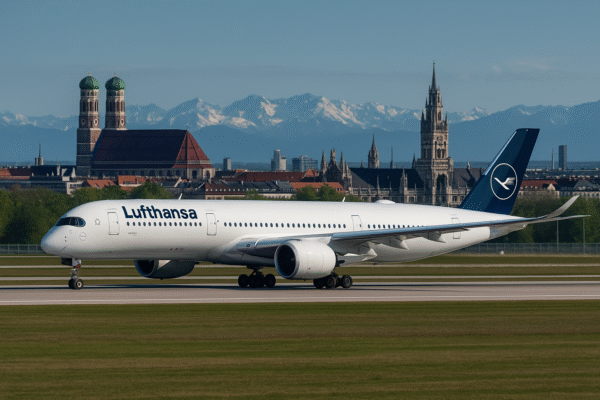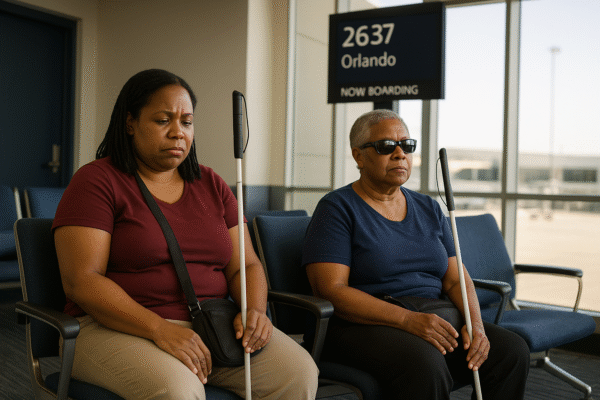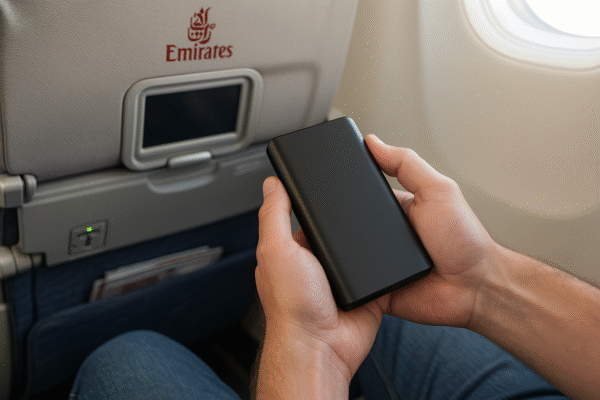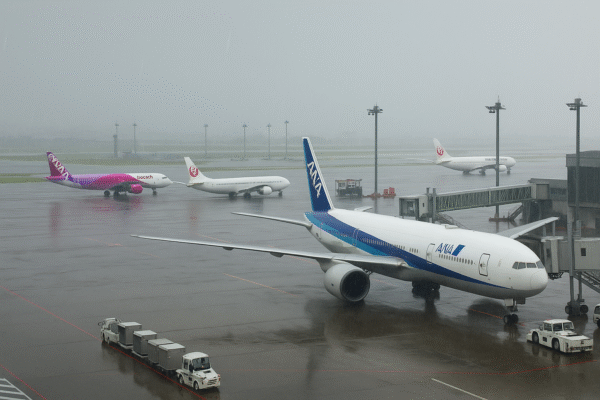Dubai’s flagship carrier, Emirates, is taking bold steps to safeguard your journey. Starting October 1, 2025, travelers will no longer be allowed to use or recharge power banks aboard aircraft. This change reflects the airline’s unwavering commitment to safety and aligns with global aviation trends.
What’s Changing and Why It Matters
From the outset of October, Emirates passengers will still be allowed to carry one power bank—but only under tight restrictions. The device must be under 100 watt-hours (Wh) in capacity, remain switched off, and be stored within easy reach—either in the seat pocket or under the seat in front, never in overhead bins or checked luggage. Crucially, using it to charge your devices or recharging it via the aircraft’s power outlets will be strictly prohibited. This policy steering enhances flight safety by allowing crew to monitor the device and act swiftly if any thermal issue arises.
Why this move? Power banks contain lithium-ion batteries, known to risk overheating, fires, and even explosions—particularly under power-surge or thermal runaway scenarios in confined cabin environments. Several incidents, including a fire on a South Korean Airbus A321, and other battery-related emergencies—from smoke in-flight to sudden diversions—have pushed regulators and airlines worldwide to tighten rules. Emirates’ proactive adjustment places it among industry leaders advocating safer handling of portable battery devices.
What Travelers Need to Know
If you’re planning a trip via Emirates:
- Check your power bank’s rating—only those labeled under 100 Wh are permitted.
- Carry just one per flight; duplicates or larger capacity devices will not be allowed.
- Keep it completely powered off before boarding and during the entire flight.
- Don’t charge anything—neither your phone nor the power bank itself—on board.
- Stow it safely: in the seat pocket or under the seat in sight of cabin crew.
- Leave it out of checked baggage; this has been prohibited already under Emirates’ broader rules on dangerous goods.
These preparations not only streamline your boarding process but also uphold the highest standards of in-flight safety for everyone aboard.
Global Aviation Safety Trend
Emirates isn’t acting alone. Airlines in South Korea, Singapore, Thailand, Hong Kong, and elsewhere have introduced similar rules in response to rising incidents. Authorities such as the US Federal Aviation Administration (FAA) and global bodies like IATA have flagged increasing frequency of lithium battery mishaps—some reporting as many as three incidents every two weeks in recent years.
By adopting a visible, restrictive policy that keeps such devices in plain sight, Emirates helps cabin staff detect and react immediately—potentially averting catastrophe.
What This Means for Your Trip
For tourists and business travelers alike, this update calls for a little extra handling prep. If you rely on a power bank to stay connected while waiting in lounges or connecting flights, make sure to switch it off before boarding and keep your last charge before takeoff. On longer journeys, plan rest stops with access to power points or bring fully charged spare devices (within limits) to reduce in-flight usage.
Ultimately, this new policy underscores that comfort should never outpace safety—and Emirates is putting its weight behind that. As you prepare for your next flight, consider this adjustment one step closer to safer skies.
Bottom Line
Starting October 1, 2025, Emirates enforces a new safety policy: no in-flight use or charging of power banks, although one device under 100 Wh may still be carried—strictly turned off and stored within view. This bold move, shaped by aviation-industry trends and past incidents, aims to safeguard all passengers. Before you travel, review your power bank’s specs, adapt your charging strategy, and appreciate this extra measure toward safer skies.
Happy travels powered safely!
For more travel news like this, keep reading Global Travel Wire

